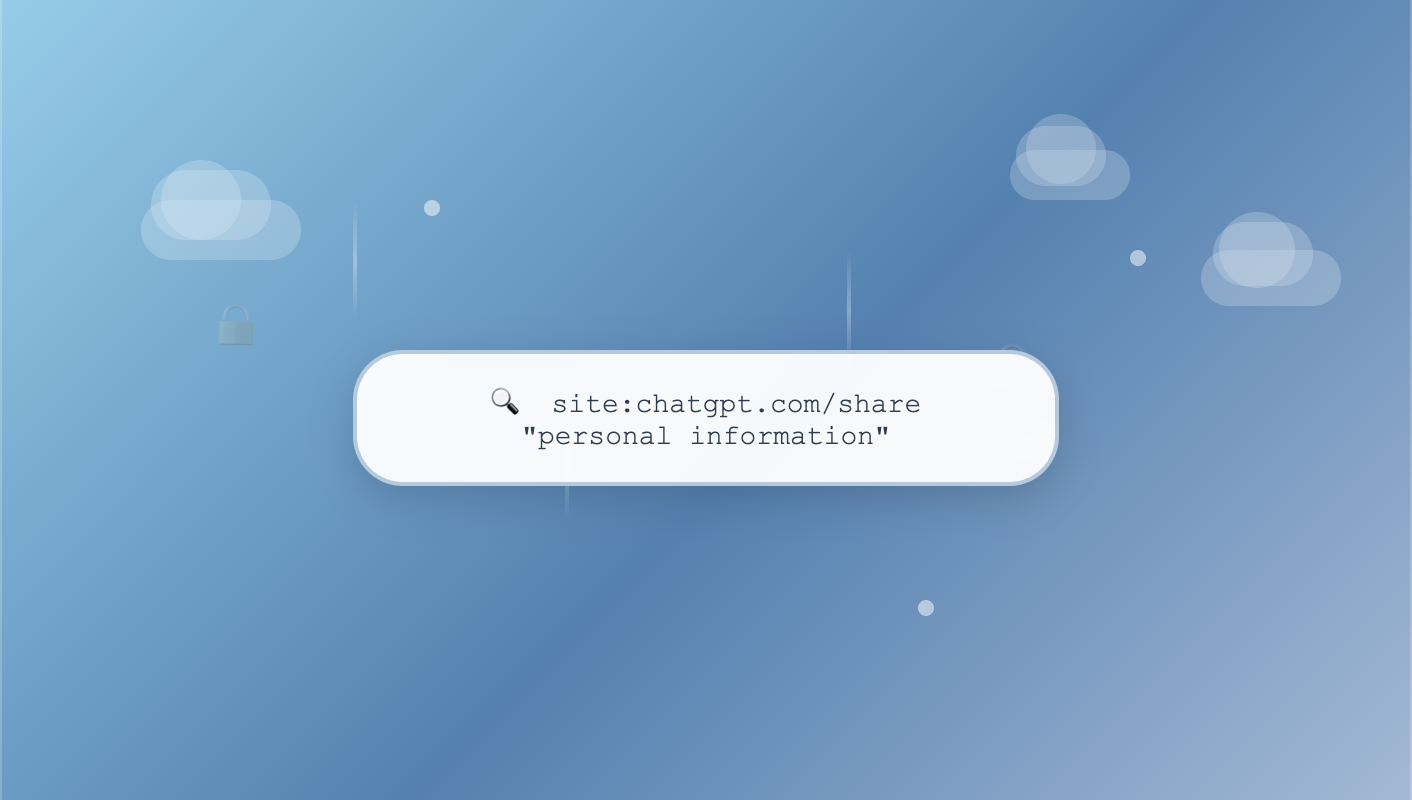
ChatGPT's Privacy Mess: Same Story, Different Day
Google has crawled over 70,000 ChatGPT conversations that people assumed were private. Search "site:chatgpt.com/share" and you'll find resumes, company secrets, therapy-like conversations, and personal drama, all sitting there for anyone to read.
The cause? A confusing sharing feature that tricks users into making their chats public. There's a checkbox asking if you want to "Make this chat discoverable," but most people either skip it or don't grasp what it actually does. They think they're creating a private link to share with a friend. Nope, they just published their conversation to the entire internet.
What's Out There
The exposed conversations contain everything you'd never want strangers to see:
- Full cv's with phone numbers and addresses
- Company discussions about deals and strategies
- Deeply personal mental health conversations
- Family fights and relationship breakdowns
- Financial details and business plans
Some people got doxxed when details from multiple conversations got pieced together. Others had bosses discover conversations about workplace complaints or job hunting.
The Same Old Problem
This privacy confusion isn't new. We've watched it play out across every major platform:
- Facebook posts people thought only friends could see
- Venmo payments broadcasting to everyone by default
- LinkedIn showing your activity to your entire network
- "Private" Twitter messages that weren't actually private
People approach ChatGPT like it's texting or messaging tools they already understand. But the interface works differently than their mental model suggests. The chat format makes things worse because people naturally share more in conversational interfaces. It feels casual and temporary when it's actually permanent and searchable.
The Legal Side
Your ChatGPT conversations have zero legal protection. OpenAI can be forced to hand them over during lawsuits or investigations. Sam Altman has said this publicly, but most users either missed that memo or think it won't affect them.
Recent court cases require OpenAI to keep all user data forever, including stuff users thought they deleted. The FTC is looking into their privacy practices too.
Companies face compliance nightmares when employees accidentally leak customer data or trade secrets through AI tools that bypass existing security systems.
The Familiar Pattern
AI adoption follows the exact same playbook as every consumer tech platform:
1. Launch with basic features
2. Users break it in unexpected ways
3. Privacy problems explode at scale
4. Patch things after damage is done
The difference is speed. ChatGPT hit 100 million users faster than any service in history. Privacy problems surfaced before most people figured out how the thing actually works.
What Needs to Happen
AI companies need to make privacy the default, not an option buried in settings.
Businesses need updated policies that specifically cover AI tools. Your current data procedures probably don't account for conversational AI.
Individuals should treat AI chats like public posts until proven otherwise. Don't share anything you wouldn't post on social media.
The core problem isn't technical, it's behavioural. People use AI tools based on assumptions from other technologies, but AI sharing works completely differently than email, messaging, or file sharing.
Better interface design might help, but won't solve everything. Some users will always click through warnings and misunderstand privacy settings. The real question is whether we build systems that limit damage when this happens.
Right now, we're not. We're building AI tools with privacy assumptions from 2010 web services, then acting shocked when they create problems at today's scale and speed.
Assume your AI conversations might go public because they probably will.
.svg)